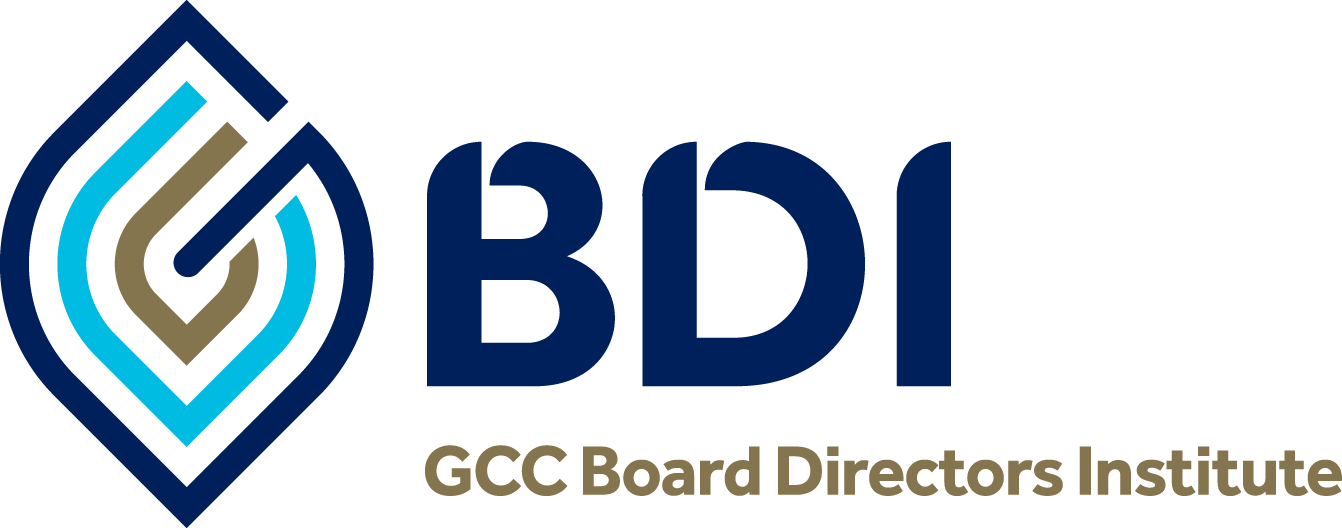Published: February 2023

The Ministry of Finance in the UAE recently published the much-awaited Federal Decree-Law No. 47 of 2022 on the Taxation of Corporations and Businesses (“CT Law“). The CT Law will apply to financial years commencing on or after 1 June 2023.
All businesses in the UAE, including in free zones and foreign businesses with permanent establishments, or that derive UAE sourced income, or have a nexus in the UAE will be impact by the CT Law.
The CT Law introduces corporation tax (“CT”) at a rate of 0% on taxable income up to AED 375,000 and 9% on taxable income above AED 375,000.
Whilst not prescribed in the CT Law, a different CT rate will apply to multinational corporations that fall within the scope of OECD’s BEPS Pillar Two project (i.e. where the group has consolidated global revenues in excess of EUR 750 million (approximately AED 3.15 billion)).
Qualifying free zone persons will be subject to 0% CT on qualifying income and 9% CT on non-qualifying income. The CT Law prescribes conditions that free zone entities must satisfy in order to be treated as qualifying free zone persons.
The CT Law requires that all related party transactions should be undertaken on arm’s length terms and establishes rules for determining arm’s length standard, as well as sets out the definitions for “related parties”, “control” and “connected persons”.
What does this mean for the pharmaceutical industry?
It is crucial for all UAE businesses to understand the CT rules and assess its implications in order to be compliant and ensure tax efficiency. Based on our experience, some of the key areas that pharmaceutical companies need to focus on to implement CT may be as follows:
Legal and regulatory considerations for life sciences
As business models change, and regulations in the region become more elaborate, tax planning has become more complex. When implementing CT in heavily regulated industries, such as the life sciences industry, any changes to the business model should be evaluated against the laws and regulations governing the industry to avoid accidentally running afoul of such things as product pricing control and limitations on entities that can conduct pharmaceutical sales.
Whether pharmaceutical companies maintain their own trading entities in the region, use third party distributors, have established a representative office, or entered into toll manufacturing arrangements, such companies will be impacted by the introduction of CT.
Many pharmaceutical companies rely on third-party distributors, however, CT exposure may be triggered depending on how the distribution arrangement is structured. Further, where scientific offices / marketing firms (“SO”) are, strictly speaking, restricted to promotional activities, we are aware that some SO’s operate beyond these restrictions, potentially creating CT exposure.
How can Al Tamimi & Company help?
Al Tamimi & Company would be delighted to provide more information about this development, or support your entity in adapting to the new CT framework from a tax, legal, and regulatory perspective. Please contact healthcare@tamimi.com or by contacting one of the authors listed below.
Key Contacts
Qasim Hussain
Associate
q.hussain@tamimi.com
Christina Sochacki
Senior Counsel
c.sochacki@tamimi.com
